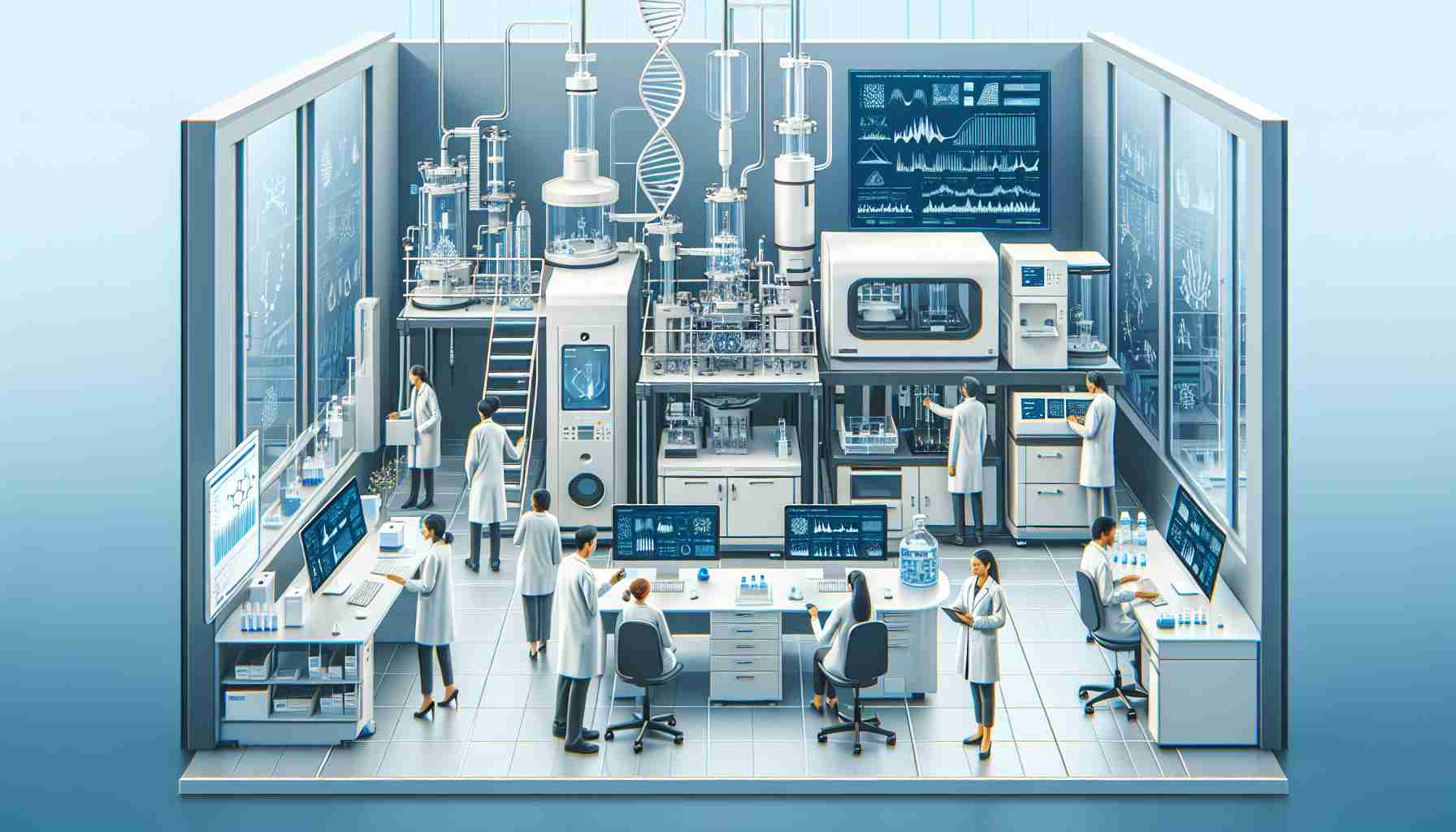Artificial Intelligence (AI) is reshaping the agricultural landscape, particularly within Italy’s thriving agri-food sector. The integration of advanced technologies is paving the way for enhanced sustainability and competitiveness. By leveraging AI, stakeholders can optimize various stages of food production—from planting to retail distribution—transforming traditional agricultural practices.
AI-driven solutions are revolutionizing logistics and supply chain management. For instance, intelligent algorithms can streamline resource utilization, significantly improving water and fertilizer management. This advancement not only boosts operational efficiency but also promotes eco-friendly practices. With real-time market analysis capabilities, businesses can swiftly adjust their production and distribution strategies based on current demand trends.
Another significant benefit of AI is its ability to minimize food waste. By employing sophisticated inventory management systems, companies can accurately predict demand fluctuations, allowing for better production planning. This precision not only conserves resources but also ensures that more food reaches consumers, positively affecting environmental impact.
Looking ahead, the challenges regarding data privacy and cybersecurity in the agricultural sector remain critical. As AI continues to evolve, establishing ethical frameworks will be crucial to leveraging technology responsibly. Anticipated future developments could include advancements in carbon farming and regenerative agriculture, signaling a new era of innovation in food production that prioritizes sustainability and efficiency.
The Role of Artificial Intelligence in Modern Agriculture
As the global population continues to grow, the demand for food is increasing, necessitating innovative farming techniques. Artificial Intelligence (AI) is emerging as a pivotal tool in modern agriculture, enabling farmers to adapt and thrive amidst these escalating challenges. Beyond enhancing existing practices, AI can unlock new possibilities for sustainability and productivity in farming.
Key Questions in AI-Driven Agriculture
1. How does AI enhance crop health management?
AI technologies such as machine learning and computer vision are employed to monitor crop health. Drones equipped with AI can survey fields for pest infestations, nutrient deficiencies, and even irrigation needs, providing farmers with real-time insights to make informed decisions.
2. What role does AI play in precision agriculture?
Precision agriculture, driven by AI, enables farmers to tailor their farming practices to specific field conditions. Using data from soil sensors and weather stations, AI can guide planting times, fertilizer application, and irrigation schedules to optimize yields.
3. Can AI improve labor efficiency in agriculture?
Yes, AI can complement labor through automation and robotics. Autonomous tractors and harvesters can work around the clock, reducing reliance on human labor while increasing productivity.
Challenges and Controversies in AI Adoption
Despite the advantages, there are significant challenges and controversies associated with the adoption of AI in agriculture:
– Data Privacy: With AI systems collecting vast amounts of data, concerns around data ownership, privacy, and the potential misuse of information are prevalent.
– Economic Disparities: Access to advanced AI technology can create inequalities within the agricultural sector, favoring larger, tech-savvy operations while marginalizing smallholder farmers.
– Dependency on Technology: An increase in reliance on AI could lead to reduced traditional agricultural knowledge among farmers, raising concerns about the loss of age-old farming skills.
Advantages of AI in Agriculture
– Enhanced Efficiency: AI helps in optimizing resource use, which can lead to lower operational costs and higher productivity.
– Sustainable Practices: By facilitating precision farming and reducing chemical inputs, AI contributes to more sustainable agricultural practices.
– Improved Decision-Making: Data-driven insights enable farmers to make informed choices, ultimately leading to better crop management and increased food production.
Disadvantages of AI in Agriculture
– Initial Investment Cost: Implementing AI technologies can require significant upfront investment, which may not be feasible for all farmers.
– Job Displacement: Automation through AI might lead to job losses in traditional farming roles, raising socio-economic concerns.
– Technology Overdependence: Farmers may become overly reliant on AI systems, which could pose a risk if these technologies fail or are compromised.
Conclusion
As AI continues to evolve, its role in modern agriculture signals a transformative shift towards more efficient, sustainable, and intelligent farming practices. However, addressing the associated challenges is crucial to ensure that the benefits of AI are accessible to all stakeholders in the agricultural ecosystem. By fostering equitable access to technology and establishing robust ethical guidelines, the agricultural sector can harness AI’s potential while mitigating its risks.
For further insights and developments in modern agriculture, visit FAO and University of Southern California agriculture research reports.






















